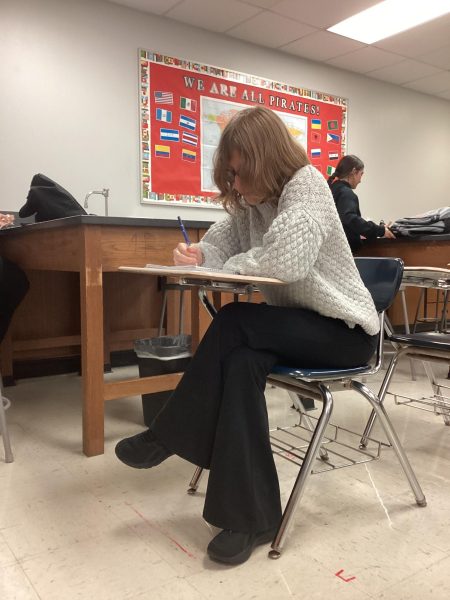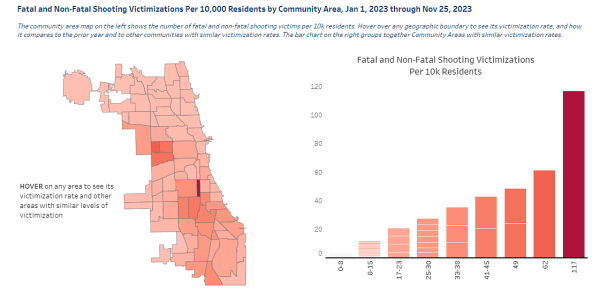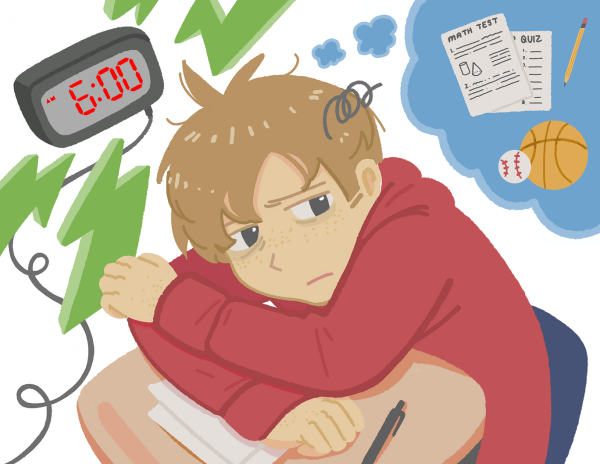Should you take a gap year?
Some seniors find themselves conflicted between taking a gap year or immediately going to college.
May 22, 2017
As the seniors graduate and us juniors are next in line, there is an ongoing nervousness of what we will do after high school kicks in.
The majority have plans of continuing their education, but a great debate begins: would a gap year be a better choice than taking the post education route?
Secondary education right after high school is greatly advised, but is it really any better than taking a gap year?
As someone who deeply cares about education and has big dreams to receive some sort of degree, my mind has always been set on going straight to college after high school.
Lately though, doubts have begun to form.
A gap year for many would be beneficial; it will provide a year for students who aren’t in the best financial position to work and save for schooling. It would also provide more time for students to travel, be part of gap year programs, or simply rest from education for a bit.
“I believe you should go straight to college because if you take a gap year you’ll more likely lose interest in going back to school,” senior Elias Rojas said. Rojas will be attending Aurora University this fall.
Many can agree and because of this fear taking a gap year. He also mentions that students should apply for as many scholarships as possible and maintain good grades so schools can be interested in the student and offer certain financial aid and/or scholarships.
“I’ve had family members take a gap year and regret it because they keep telling themselves ‘I’ll go next year’ and just seem to put it off,” junior Lesley Delatorre said.
Delatorre plans to continue a higher education right after high school and explained that although that is her plan, it is understandable that other may choose a gap year or no post education at all due to financial issues or college simply not being for everyone.
My sister had followed the traditional route and went to university after graduating high school; she is currently an architect.
My brother, on the other hand, had little to no interest in pursuing a degree due to indecisiveness of what he wanted to study. After graduating he received a job in Hydraforce and now, 4 years later, will be returning to school to study engineering.
In both cases, higher education has prevailed, which should ultimately be the most important aspect.
In both cases, higher education has prevailed, which should ultimately be the most important aspect.
Having more students receive a college degree should be the biggest goal.
Students know what they are capable of and if they believe taking a gap year will not decrease their interest in school, then they should take a gap year.
If they feel that starting college the same year they graduate high school will be best for them, then they should go do everything possible to go straight into college.
All teachers and parents can really do is support and motivate student to continue a higher education, whether it’s right after high school or a year later.

















